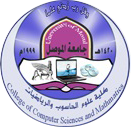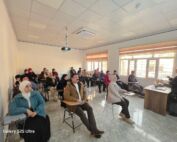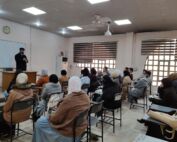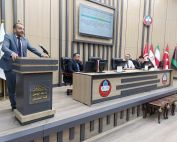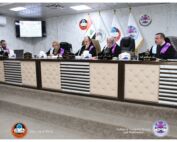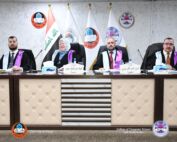10 March، 2024
A master’s thesis by Lamyaa Faiz Saleh
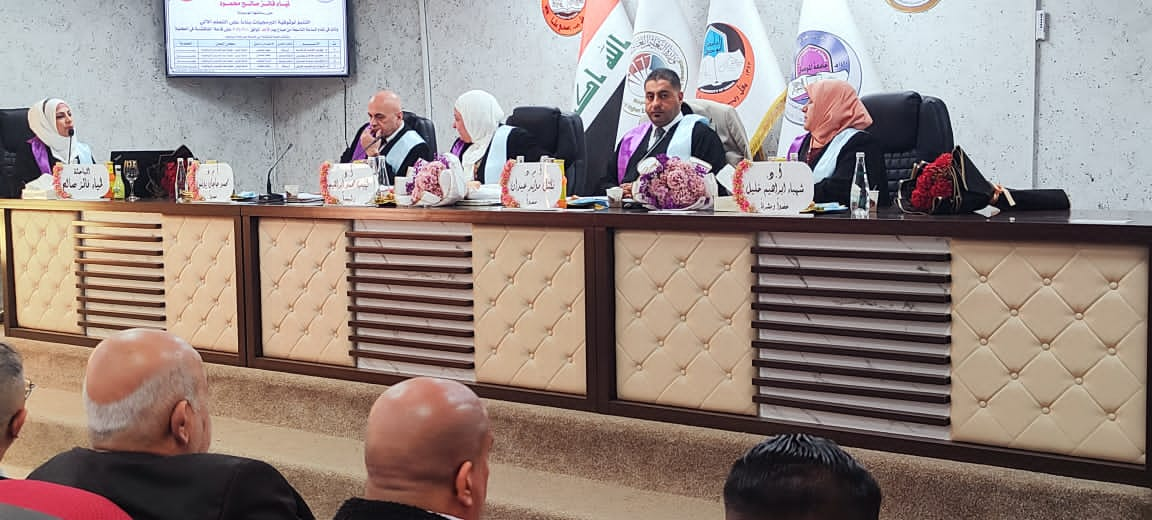
Discussion of a master’s thesis in the College of Computer Science and Mathematics – Software Department entitled:
“The Prediction of Software Reliability based on Machine Learning”
In continuation of the movement of scientific research and in the presence and follow-up of the respected Mrs. Dean of the College of Computer Science and Mathematics
Respected Professor Dr. Duha Bashir Abdullah
It was discussed in the discussion hall of the College of Computer Science and Mathematics at the University of Mosul on Sunday 10/3/2024
Master’s thesis by
Lamyaa Faiz Saleh
Supervised by Prof. Dr.Shahbaa Ibrahim Khaleel.
The thesis submitted by the student deals with predicting software reliability based on machine learning.
Software reliability is crucial in the world of software development. If software is not reliable, it can cause major problems affecting users and causing financial and reputational losses to companies and organizations. Therefore, there is an urgent need to develop and adopt models that can accurately and effectively estimate software reliability. Deep learning is considered one of the branches of artificial intelligence, as it focuses on developing machine learning models capable of understanding and analyzing data. Deep learning relies mainly on making use of deep neural networks to represent and analyze data. Deep learning plays an essential role in improving software reliability by predicting potential errors and problems. Using deep learning techniques, software quality can be improved and accurate prediction models about software performance can be provided, which helps improve the stability and security of systems and reduce disruptions and problems that may arise later.
The focus of this thesis is to predict software reliability using three main models: NN, RNN, and LSTM. In addition, six sets of data were used, and a series of pre-processing was conducted for the sets of data used, which include normalizing the data and selecting features using statistical methods such as the Chi-square method, the Regression Coefficient method, and intelligent methods, which are the Particle Swarm optimization PSO and Whale Optimization Algorithm WOA. The results showed that PSO and WOA techniques showed significant superiority over traditional statistical methods in feature selection. The LSTM algorithm also showed the highest performance among the three algorithms used. This indicates the effectiveness of employing deep learning techniques in improving software reliability prediction.
Accuracy, Precision, Recall, and F1-Score metrics were used to evaluate the approved network models. In light of the analysis, the highest results were obtained using the intelligent WOA technique with the LSTM model, as the metrics values reached 100% with the total data used.
The study aims to provide a deep learning modeling approach to predict software reliability and build a deep learning-based tool to predict software reliability based on project features.
The scientific committee included the following members:
- Dr. Laheeb Muhammad Ibrahim (University of Mosul) / chairman
- Associate Prof. Dr. Muhammad Jagan Yunus (University of Mosul) / Member
- Associate Prof. Dr. Naktal Moaid Edan (University of Mosul) / member
- Dr. Shahbaa Ibrahim Khaleel (University of Mosul) / member and supervisor
